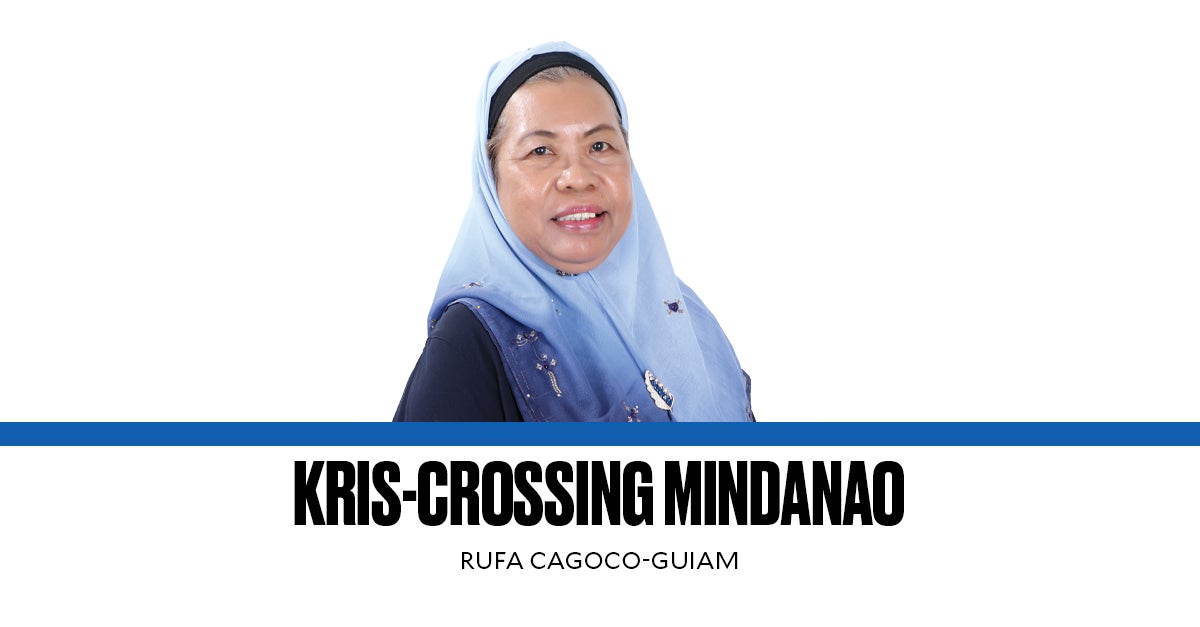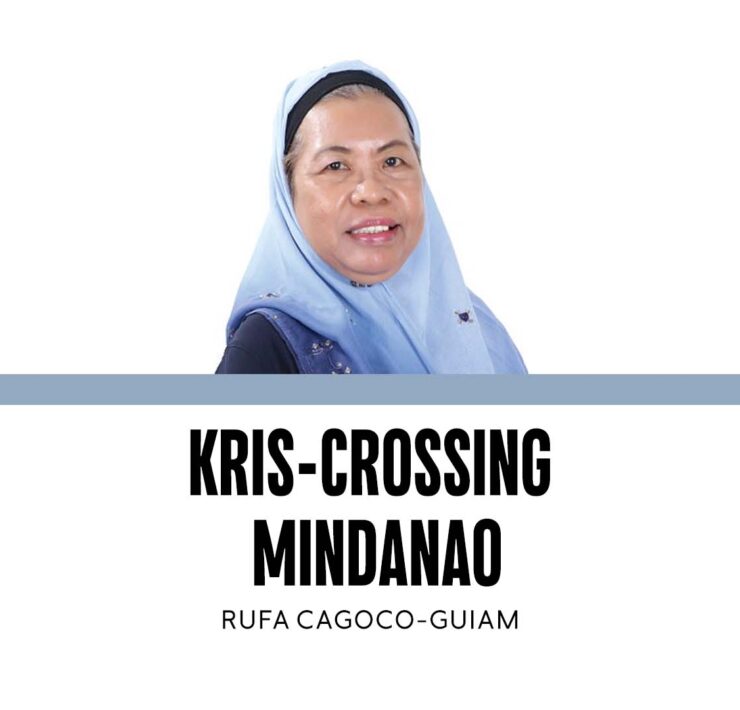‘Beware the Ides of March’

The renowned English playwright, William Shakespeare, wrote “Julius Caesar,” a stage play that depicted the rise of Julius Caesar as a dictatorial leader in ancient Rome, circa 44 BCE (Before Common Era). In the play, one of the characters warned “Beware the Ides of March” and this has since then been immortalized. Part of the immortalization is the popular use of the phrase about the coming of March, especially toward its midpoint (on the 15th).
On March 15, more than 2,000 years ago, (BCE), a mob of more than 60 senators ganged up on Caesar and assassinated him by stabbing him more than 23 times. This took place in the Curia of Pompey, near the Theater of Pompey. The name Pompey is associated with one of ancient Rome’s brilliant military generals, Gnaeus Pompeius Magnus, who played a highly important role in transforming Rome from a republic to an empire. He used to be Caesar’s ally but later became one of the latter’s enemies.
Fast-forward to 2025. On March 11, 2025, former president Rodrigo Duterte of the Philippines was arrested and hauled off to the International Criminal Court (ICC) in The Hague, Netherlands. The arrest warrant was issued by the ICC on the strength of the court’s findings that Duterte has committed “crimes against humanity,” which are its main concerns.
A short-lived fracas ensued at the Ninoy Aquino International Airport after the former president was read the arrest warrant. The arrest sent shock waves to everyone, not only here in the country but also in other parts of the world where Filipinos have worked and resided as immigrants.
Immediately after that historic (and unfortunate, especially for his family, and their avid supporters) event, social media platforms were deluged with posts asserting our “sovereignty” as a nation, saying we have our own justice system that can handle the cases filed against the former president.
On the other hand, those who are supportive of President Marcos and his family of politicians countered arguments from Duterte supporters, saying that the “government is just doing its job” by enforcing the arrest warrant and ensuring that the former president will be brought to The Hague on that same day.
Byrony Lau, deputy Asia director at Human Rights Watch, issued a statement, saying that the arrest of Duterte and his subsequent transfer to The Hague was a “long-overdue victory against impunity that could bring victims and families a step closer to justice.” He added that this “momentous event sends a message to human rights abusers everywhere that one day they could be held to account.”
Local and national peace and justice advocates have expressed more sedated, calm, and rationally crafted messages that while this unfortunate incident is a huge blow to the Duterte family, it could also provide a glimmer of hope for attaining justice for the victims of the former president’s bloody war on drugs.
Duterte’s arrest was a small but significant step in ensuring that we see that the culture of impunity is replaced with observing and practicing the rule of law.
The month of March is also celebrated here in the Muslim Mindanao autonomous region as the Bangsamoro History Month. Several historical events—both pleasant and deadly—took place midway through this month. One of these took place off the coast of Corregidor Island on March 18, 1968.
Referred to as the Jabidah Massacre, it was the killing of Bangsamoro recruits who allegedly mutinied upon learning the real reason why they were recruited and the truth of their mission after training. It was a flashpoint that spawned the two major iterations of the Bangsamoro armed revolutionaries—the Moro National Liberation Front and the Moro Islamic Liberation Front (MILF).
While both fronts signed their respective final agreements at different times in current Bangsamoro history, they were both driven to wage an armed war to achieve the Moro right to self-determination. The massacre is a foundational narrative that drove young Moro leaders and intelligentsia at that time to join the armed movement.
It was also in March when the final peace agreement with the MILF and the Philippine government was signed—the Comprehensive Agreement on the Bangsamoro (CAB)—that gave rise to the creation of the present Bangsamoro Autonomous Region in Muslim Mindanao (BARMM).
The CAB was signed on March 27, 2014, toward the last two years of the administration of former president Benigno Simeon C. Aquino or P-Noy.
Early this month, the leadership of the BARMM was also changed, with the appointment of a new interim minister on March 9 (although confirmed a day later), to replace former interim chief minister Ahod B. Ebrahim (aka Hadji Murad). Mr. Marcos appointed Abdulraof Macacua to be the region’s new (interim) leader.
(More next week)


















